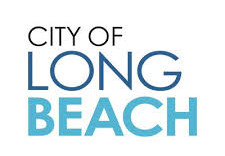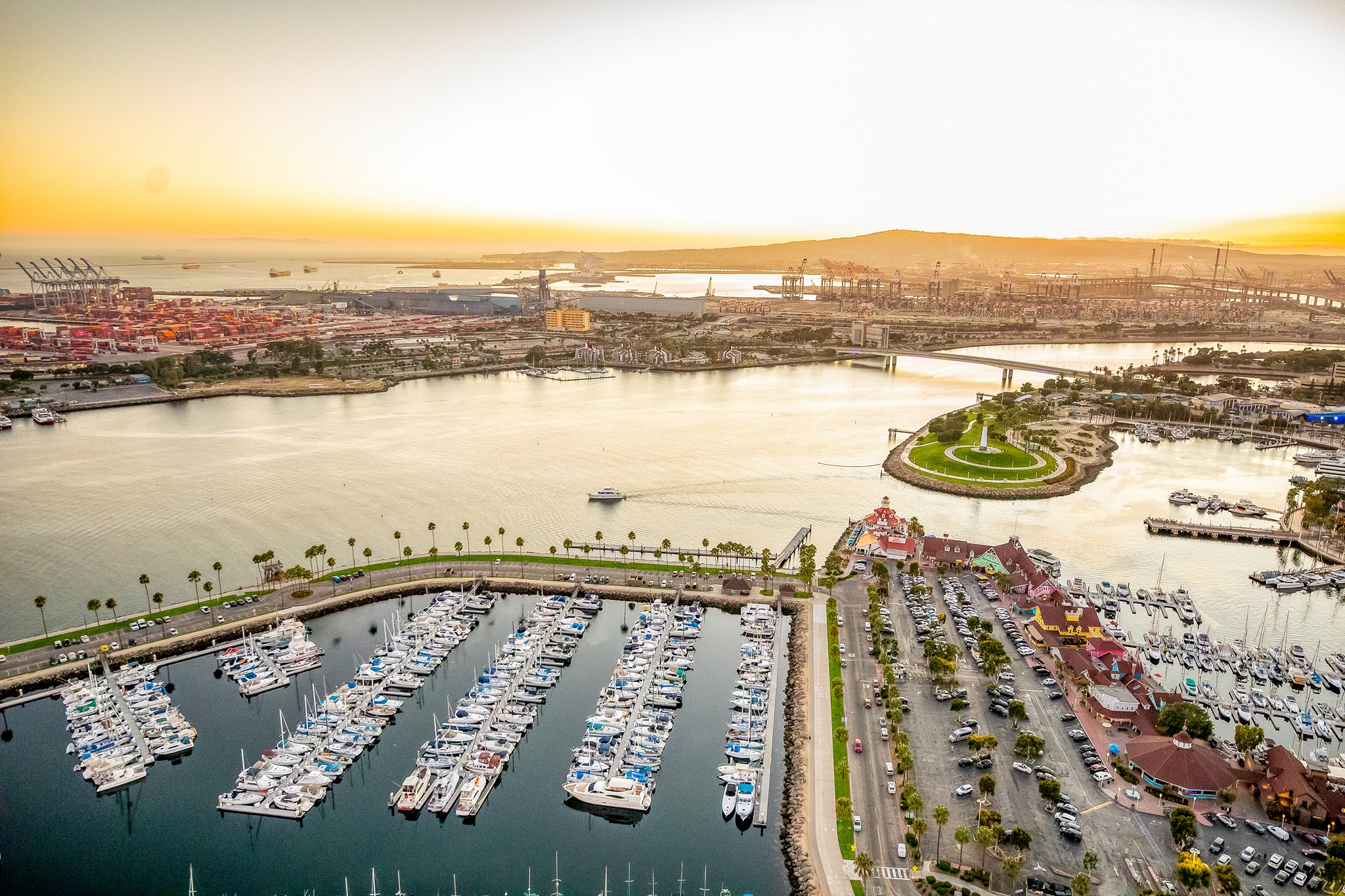 A California federal judge has granted preliminary approval for a $550 million class settlement that the City of Long Beach and other city, county and state governments reached with Bayer AG’s Monsanto Company and subsidiaries of Pfizer and Eastman Chemical to resolve allegations that the localities continue to face increased costs due to Monsanto’s contamination with polychlorinated biphenyls (PCBs) over the last several decades. In total, the City could receive a maximum of $7.5 million from the settlement, pending additional review and approval from the court and the special master appointed to oversee the settlement. The City is anticipated to receive the largest allocation given to any class member.
A California federal judge has granted preliminary approval for a $550 million class settlement that the City of Long Beach and other city, county and state governments reached with Bayer AG’s Monsanto Company and subsidiaries of Pfizer and Eastman Chemical to resolve allegations that the localities continue to face increased costs due to Monsanto’s contamination with polychlorinated biphenyls (PCBs) over the last several decades. In total, the City could receive a maximum of $7.5 million from the settlement, pending additional review and approval from the court and the special master appointed to oversee the settlement. The City is anticipated to receive the largest allocation given to any class member.
“Monsanto needs to be held accountable for their immense damage to the environment and our communities,” said Mayor Robert Garcia. “I’m proud that we led on this lawsuit and took Monsanto to court in spite of their deep pockets. We stood our ground and are going to benefit greatly from this settlement.”
The City and 12 other governmental entities argued that Monsanto’s past manufacture and supply of PCBs continue to cause negative impacts on ecosystems, subsequently contaminating the waterways and resulting in necessary costly treatments to remove the chemicals. PCBs were used in numerous products, such as paint and ink, hydraulic fluids, transformers, plastics and industrial equipment, until they were outlawed by Congress in 1979. Due to their persistence in the environment, PCBs continue to contaminate stormwater and, if they make it to the ocean, also contaminate coastal sediments. PCBs can cause a wide range of health issues.
Under the settlement deal, three funds will be created to compensate the three main identified harms:
- $42.8 million for the need to monitor PCBs in stormwater
- $250 million for the need to comply with the Clean Water Act’s National Pollutant Discharge and Elimination System; and
- $150 million for sediment remediation.
Upon finalization of the settlement, the $550 million will be divided among all settlement class members, which number over 2,500 across the entire nation, not just the 13 entities who brought forth the litigation.
Long Beach was one of the few cities to investigate local water quality issues and dedicate additional resources to bring this litigation forward. As such, the City could receive additional compensation from a fourth fund of $107 million.
“This is a great result for the City of Long Beach. This order allows this case to move on to completion of class settlement approval and distribution of up to $550 million to help Long Beach and other governmental entities monitor and remove PCBs from stormwater and remediate contaminated sediments,” stated Assistant City Attorney Dawn McIntosh.
The City was represented by outside counsel Baron & Budd, P.C., Gomez Trial Attorneys and Assistant City Attorney Dawn McIntosh.





